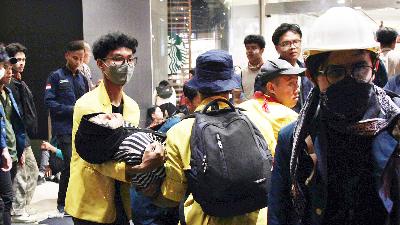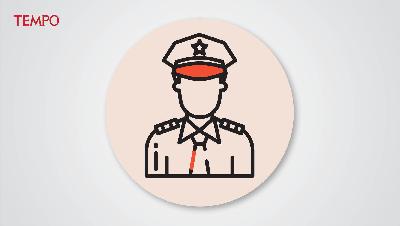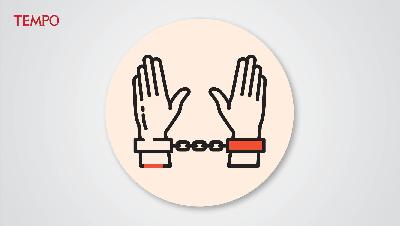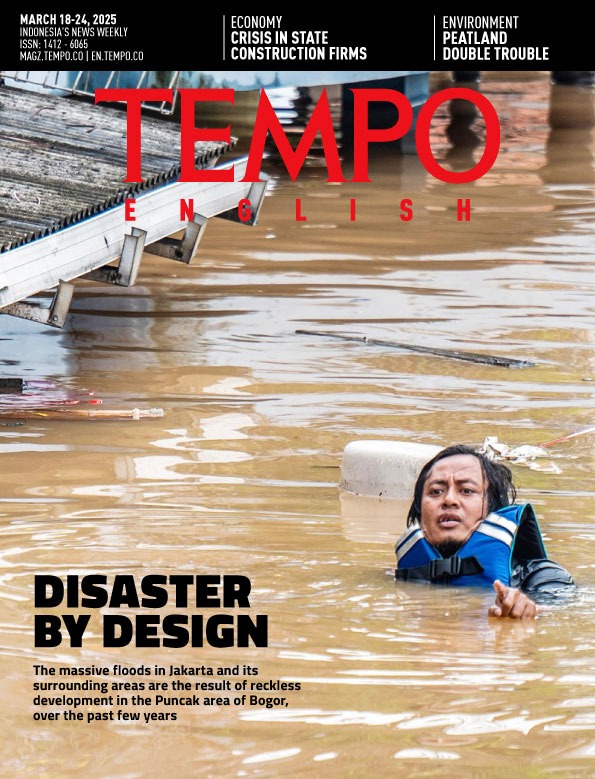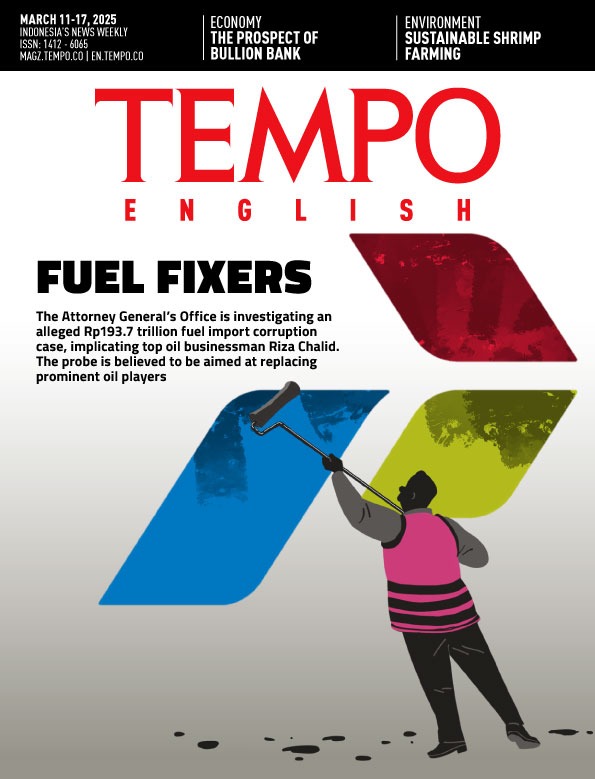Returning Politics to the People
Monday, September 2, 2024
The Constitutional Court returns politics to the people. But voters will once again be spectators of a banal political circus.
arsip tempo : 174349700364.
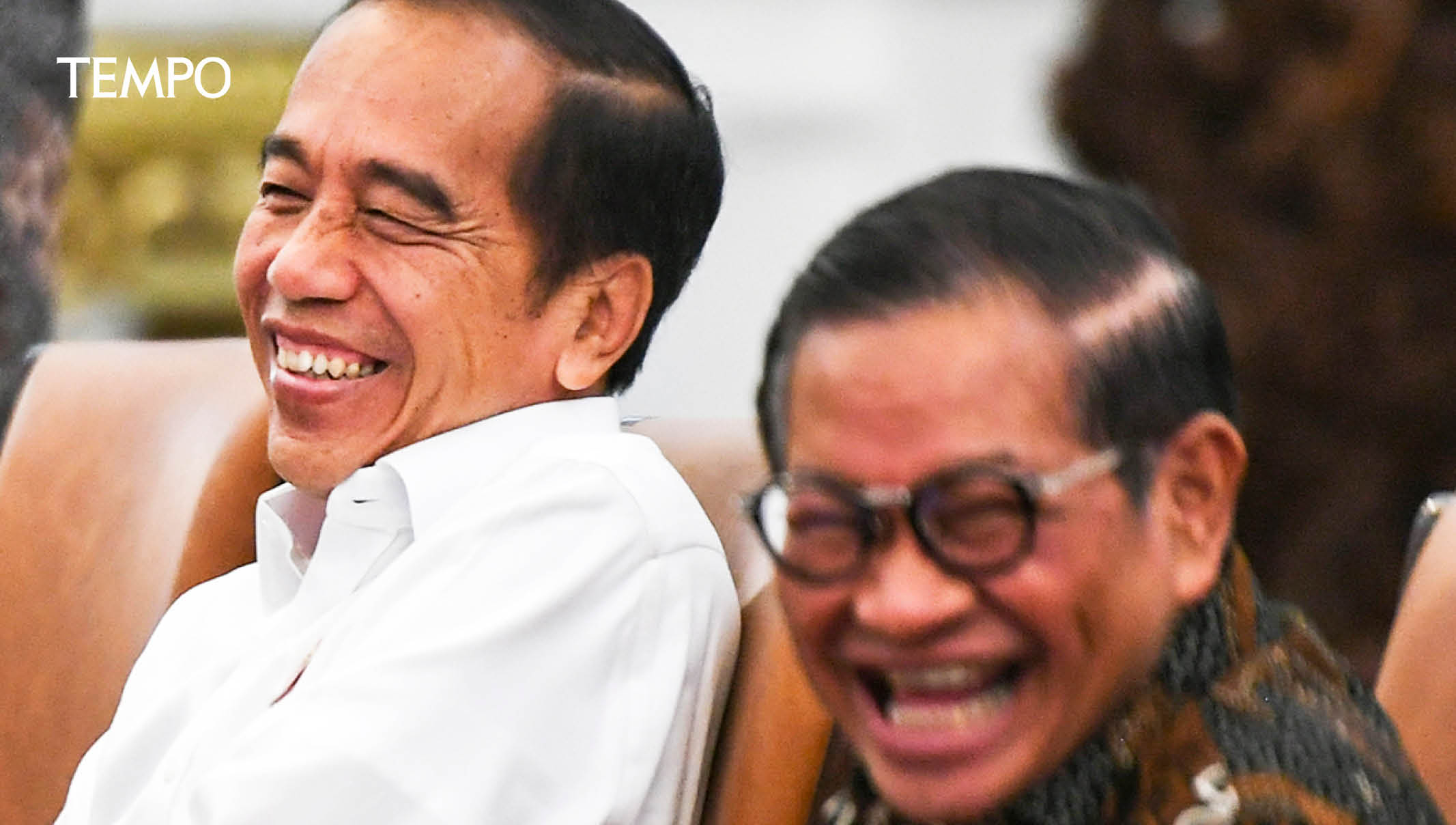
THE Constitutional Court ruling on the requirements for nominating candidates for regional heads restores the political rationality that had been hijacked by the parties. Democracy in Indonesia, which had been fading away for some time, is now shining a little brighter. The people who had been shoved aside from the turmoil of the regional head elections now see the light at the end of the tunnel—an opportunity to become involved in this democratic process.
With the previously tough requirements of a minimum of 20 percent of seats in the regional legislature or 25 percent of valid votes, it was difficult for parties or groups of parties to put forward their own candidates, especially if somebody puts together a grand coalition involving almost all of the parties as was done by the Indonesia Onward Coalition plus (KIM plus), a grouping of parties supporting Prabowo Subianto and Joko Widodo. This meant that parties wanting to propose their own candidates were unable to do so because they did not have enough seats or votes.
As a result, voters did not have many alternatives. Before the Constitutional Courts ruling was issued, it was estimated that in 150 out of 545 regions with elections, there would only be one candidate pair standing. And these prospective regional heads were promoted by the coalition not based on the aspirations of voters, but on the wishes of party bosses. Their electability was no longer important because other popular candidates were unable to stand as they had no political vehicle.
The Constitutional Court ruling wrecked the strategy of the KIM plus coalition to take control of regions and expand the political dynasty. The coalition then drew up a plan to revise the Regional Head Election Law and ignore the court ruling so their strategy could still be implemented. The political parties showed themselves to be thieves of the constitution and thieves of the will of the people.
In the end, after people took to the streets and surrounded the House of Representatives (DPR) building, the government and all the political parties decided to go along with the Constitutional Court ruling. With a lower threshold, parties now have an opportunity to propose their own candidates.
In its ruling, the Constitutional Court returns politics to the people—by basing the threshold on the number of voters in each region, not seats in regional legislatures. However, the biggest beneficiaries from this ruling are the party elites. They will use this opportunity for their own interests, including compromising with their rivals. Once again, the people will only become spectators of a banal political performance.
None of this would have happened if there were no thresholds at all for proposing prospective regional heads. As well as minimizing political transactions between parties, this would give voters a wider choice of prospective regional leaders. With a more open alternative, it would not be easy for the government or anyone else to put obstacles in the way of particular candidates.
Those who do not agree with this proposal argue that the lack of a threshold would mean far more candidates in regional head elections: elections would become complex and expensive. Candidates would need to spend more money because they would not be competing against only one or two rivals. There would be more money politics because each candidate would be competing to attract voters with cash and other temptations.
Perhaps there is some truth in this. But it is difficult to make effective use of money politics, no matter how despicable it is, if the cash is spread around too thinly. The more candidates there are, the more problems political cartels have in trying to control them.
With many candidates for regional heads, competition will be fairer and more open. Prospective regional heads will have to establish good track records, so they become known by voters. Shortcuts to increasing electability by handing out free rice and groceries, for example, will not be effective because another candidate might attract more sympathy because of their better record. Moreover, high campaign costs could be overcome through limits on campaign media imposed by the General Election Commission. Those who illegally accept donations above the maximum limit could face prosecution.
We know that the Constitutional Court has the authority to change the rules for thresholds. The political elite and the DPR also have the power to remove all thresholds. If they are committed to democracy and prioritize the public in the political process, the parties should not object to this idea. Now it is the right time to remove all thresholds in elections for regional heads, the national legislative and even the president—also the threshold requirement to establish a political party. These thresholds have narrowed the electoral scope, and consequently led to a decline in our democracy.




